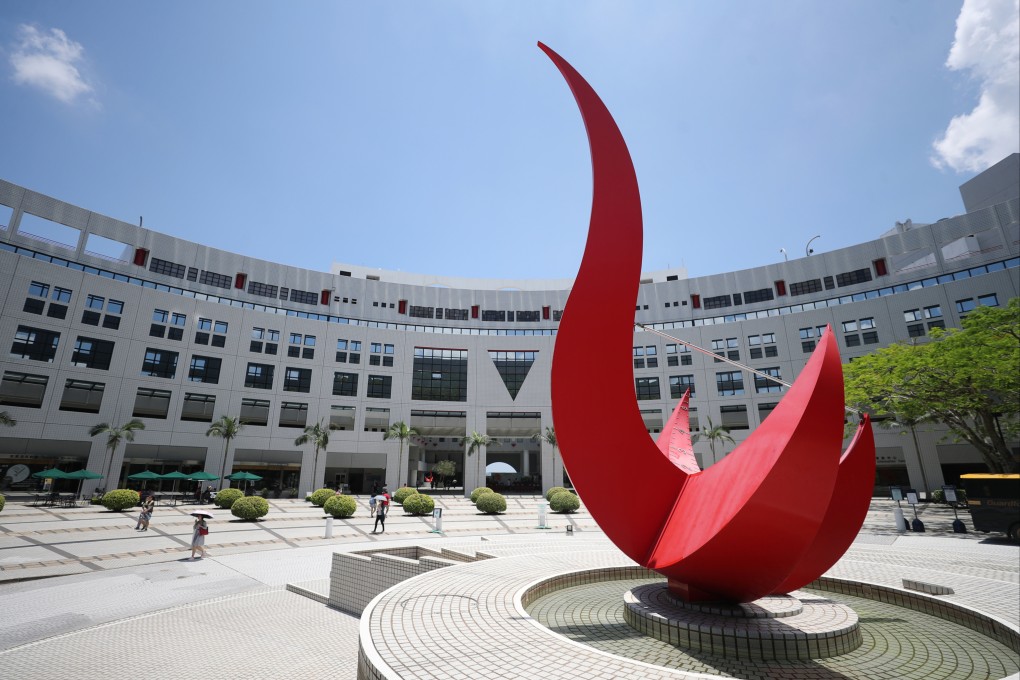Hong Kong urged to review, ease student loan debt after 5.5% annual university fee rise
- Education lawmaker Chu Kwok-keung suggests government extend loan repayment period to 20 years and reduce interest rate to less than 1 per cent

Education lawmaker Chu Kwok-keung and Ng Po-shing, from the student guidance centre Hok Yau Club, said on Friday the fee hike, set between 5.43 and 5.70 per cent each year, was reasonable and necessary after a nearly three-decade freeze.
“Of course there will be help for those who are underprivileged,” Chu told a radio programme. “I’m most concerned about those who have just missed the threshold for the underprivileged assistance and will have to rely on themselves. They will probably require help the most.”
He added that while undergraduates could apply for non-means-tested loans for full-time tertiary students, they would have to take larger sums of money and subsequently pay more interest.
“The government can extend the repayment period to 20 years and reduce the interest rate to less than 1 per cent,” Chu suggested, adding that it might be better for students if the annual tuition increase, at 5.5 per cent on average, stood at 4 per cent over more years.
Students studying the government-subsidised full-day programmes at public universities are eligible to apply for the means-tested scheme – “the Tertiary Student Finance Scheme” – or the “Non-means-tested Loan Scheme for Full-time Tertiary Students” to obtain grants and loans.
The number of student loan default cases in both schemes has decreased in the recent three school years, according to official figures. It dropped from 612 in 2021-22 to 508 in 2023-24 in the means-tested scheme and slid from 460 to 379 during the same period in the non-means-tested one.